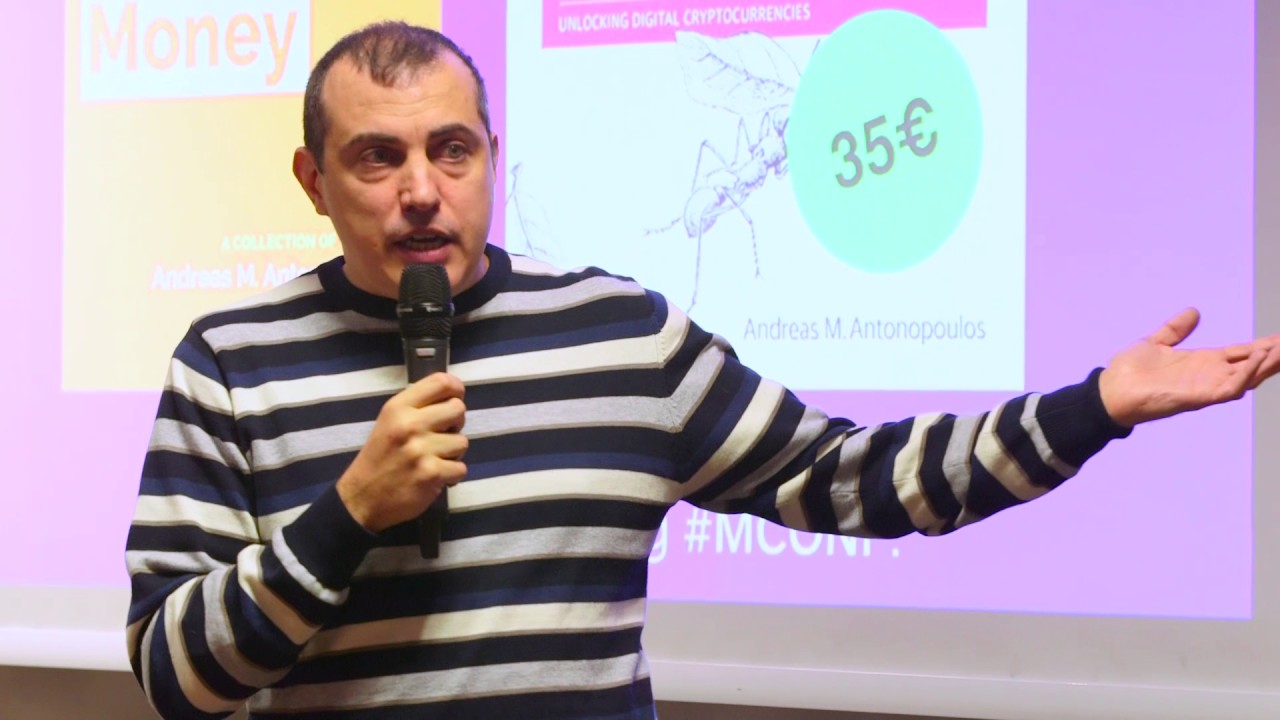Keywords/phrases: One of the reasons we have safe automobiles is because of automotive crash tests. I’m also a fan of using dummies, where I’m not the passenger. If someone was running a bus, and they didn’t know how it worked but they wanted to test it and said “get on!”, that’s how I feel about hard forks. Hard-forks are dangerous, difficult, and complex because they have unintended behaviours. It’s the nexus of politics, community response, independent economic agents, self interest, monetary policy, and technology. Any one of those can go wrong in a hard-fork. We recently saw in Ethereum that the hard-fork was technologically perfect but economically and politically not so perfect. About 10% of the community and hash rate went with a separate coin and now there’s two systems with competing interests. I would rather not see that in Bitcoin. I’m skeptical of this being the mechanism that is used to rapidly iterate and mature the protocol. That is Ethereum’s trade-off, that it has to iterate a lot more to reach security and maturity, because it has a larger attack and exposure surface. It depends on what you want to use it for, such as more flexible application development, but I don’t think it makes for sound money.
source











